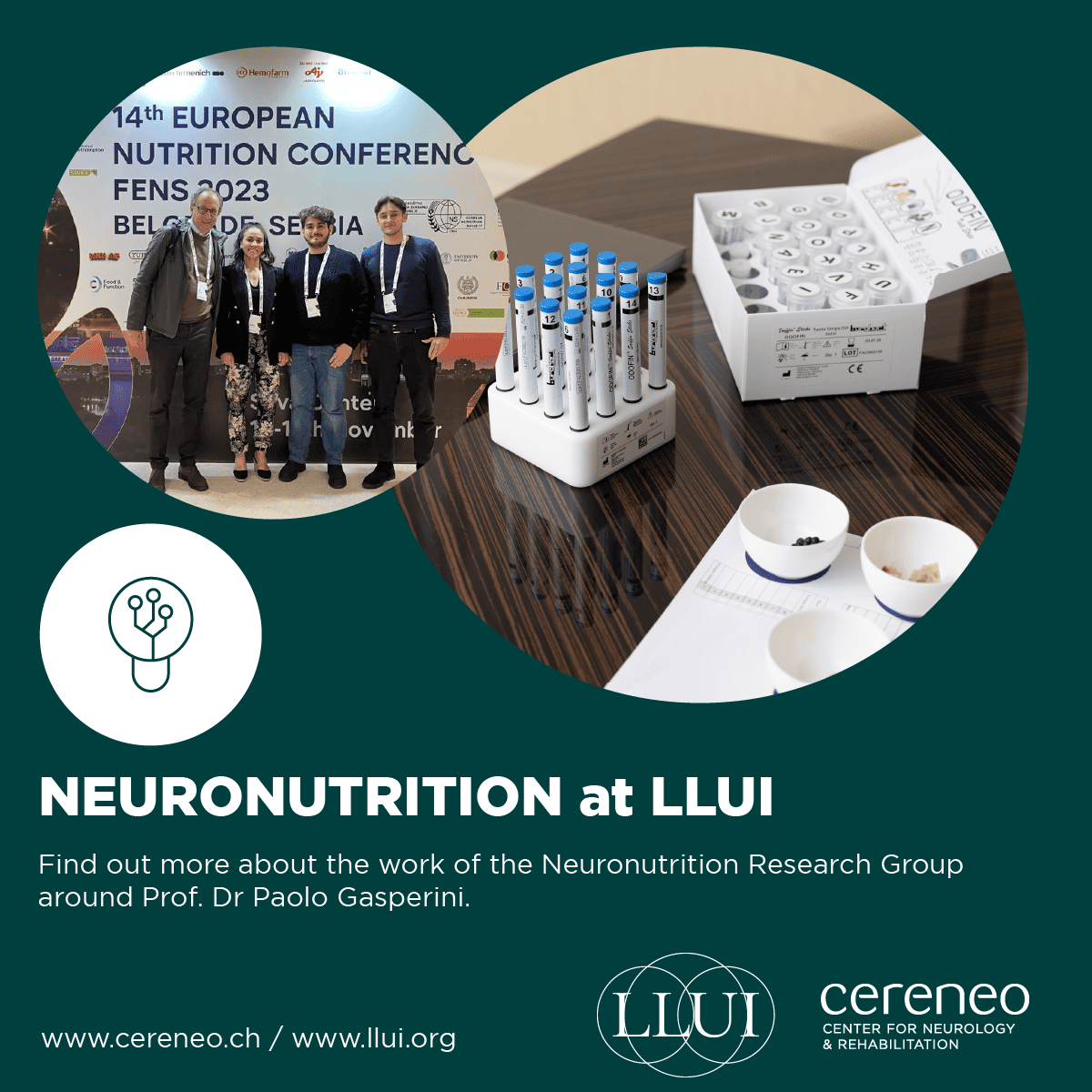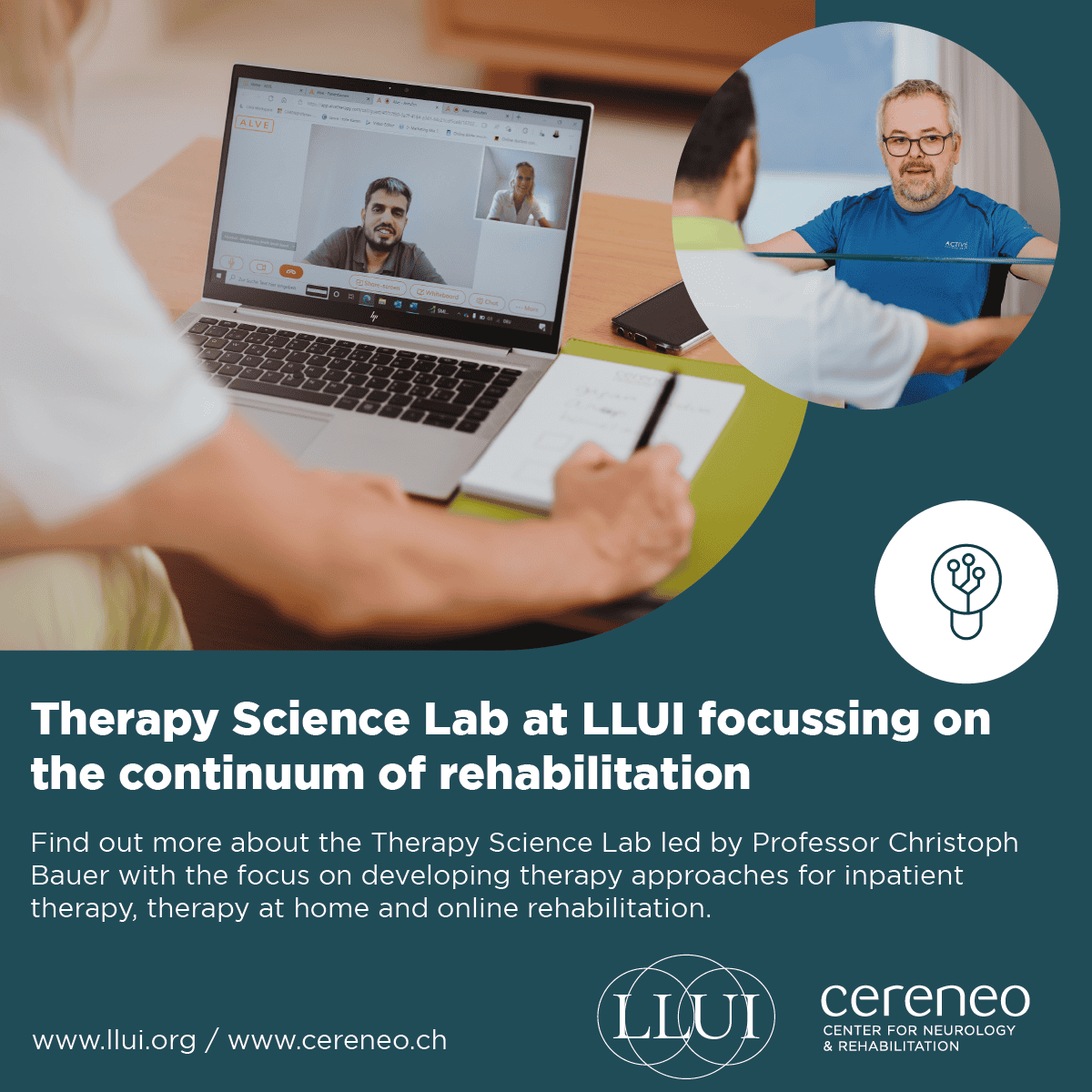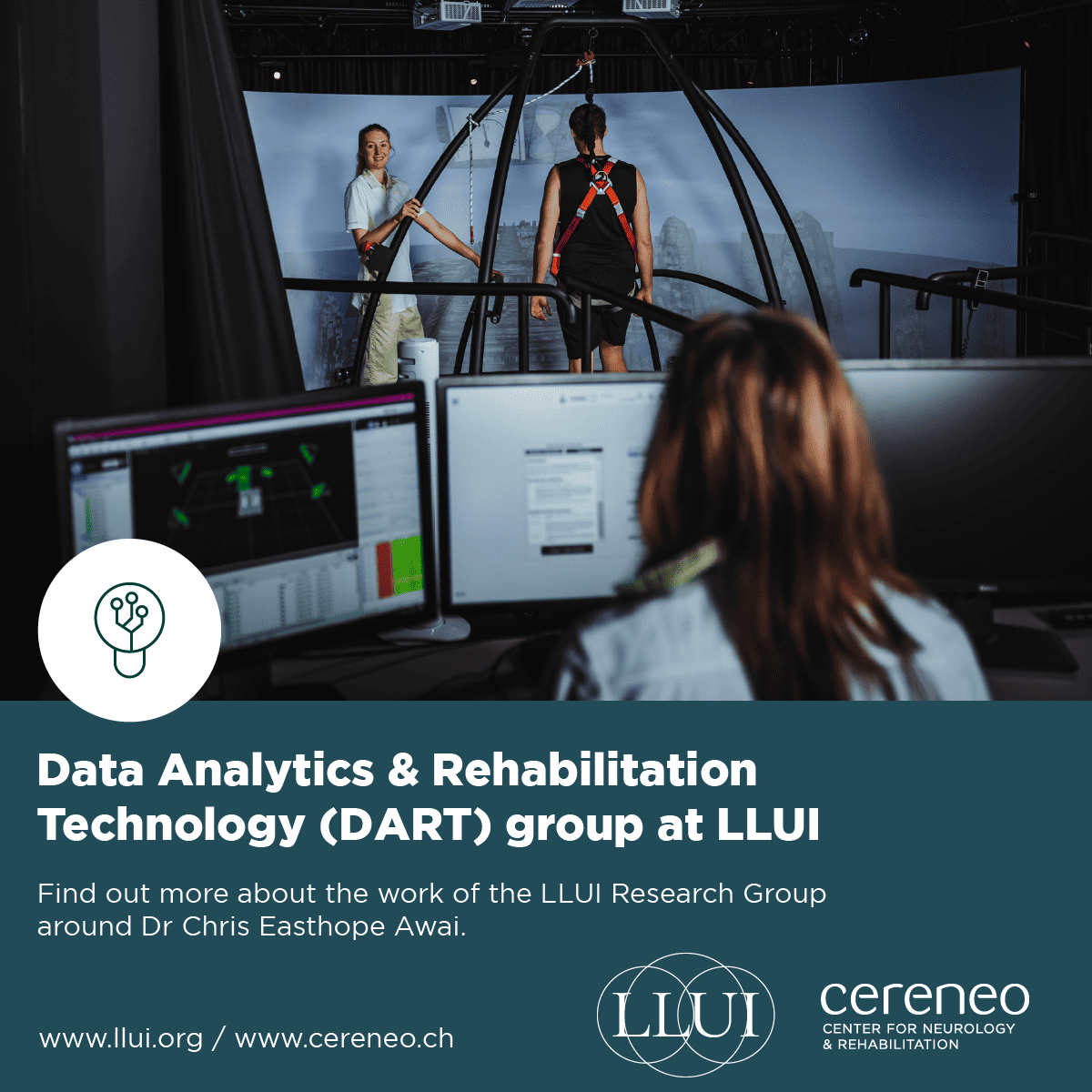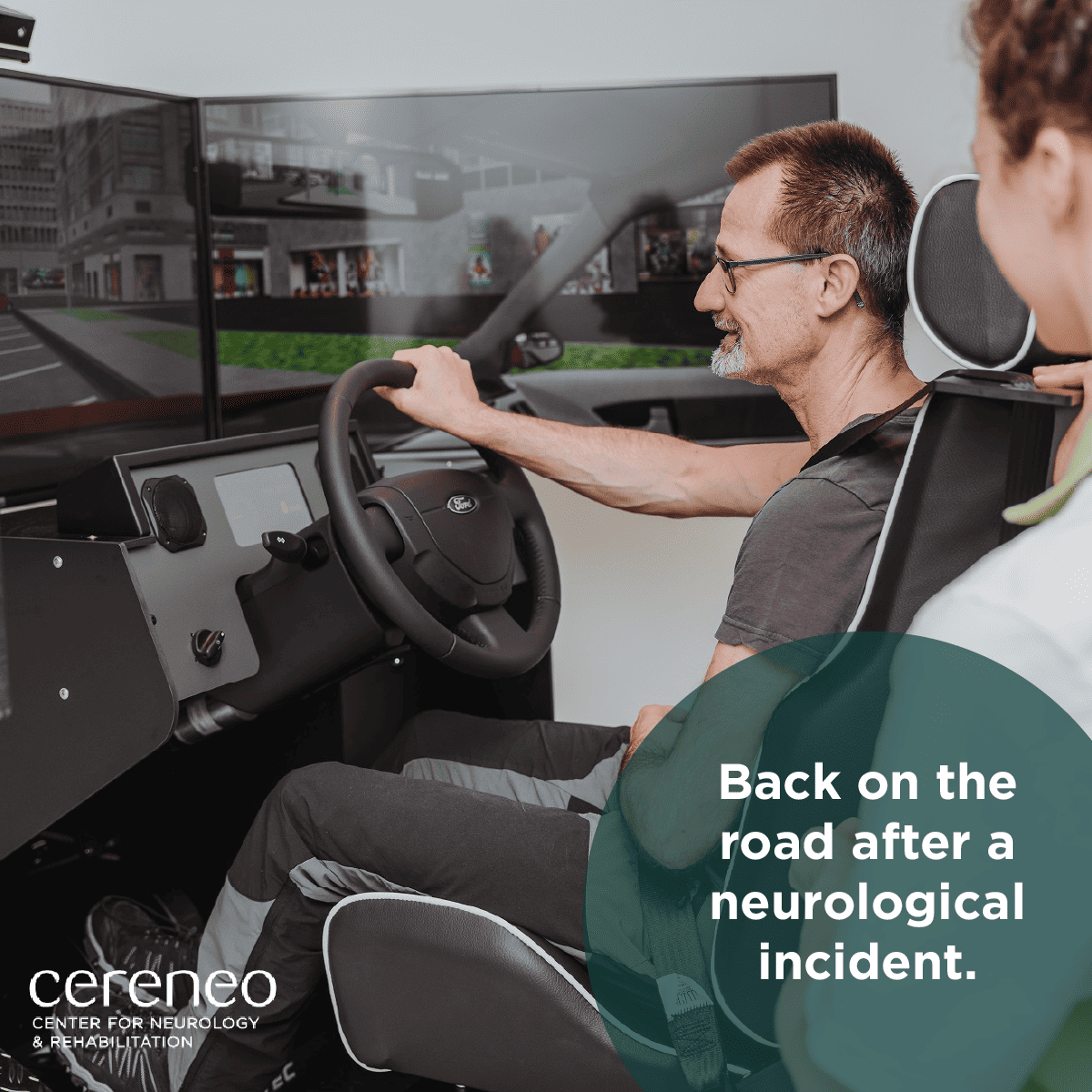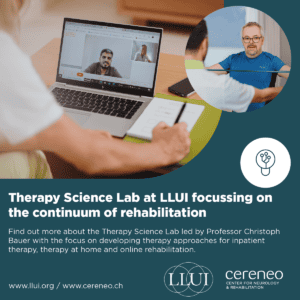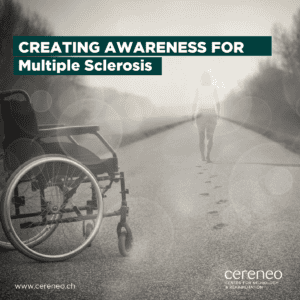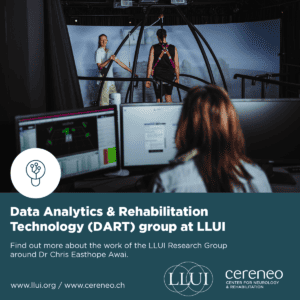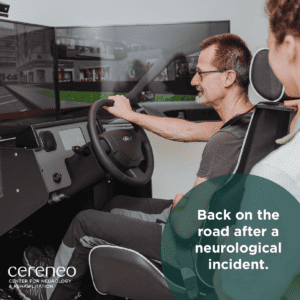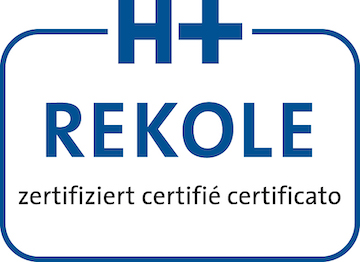The Neuronutrition Research Group at LLUI, is a group dedicated to researching nutrition through taste, smell, genetics, and food preferences. Nutrition is a complex subject, and the science behind our dietary choices is diverse, particularly concerning the prevention and recovery of neurological diseases.
Who stands behind the Neuronutrition Research Group?
Led by Professor Paolo Gasparini, an esteemed figure in medical genetics, the Neuronutrition Research Group comprises of a committed team of post-doctoral researchers and doctoral candidates. The group consists of nutritionists and geneticists working collaboratively to explore ‘nutrigenetics’ and ‘nutrigenomics’ for personalised nutrition.
What are the goals of the research group?
The overall goal of the research group is to define the specifics of taste and smell loss in neurological diseases, considering the roles of lifestyle and genetics. The association between sensory impairment and a diminished quality of life, coupled with an increased mortality rate, emphasises the significance of the group’s work. In some cases, such as Parkinson’s Disease, smell loss predates diagnosis by up to 10 years. Additionally, taste and smell deficits also contribute to a reduced appetite and an inclination towards unhealthy dietary patterns, potentially influencing disease development and hindering recovery. Understanding the reasons behind such sensory loss and exploring possibilities for reversibility are crucial in the context of neurological diseases.
Therefore, the group is focussed on two primary aims. Firstly, to define the specific types of taste and smell deficits in neurological diseases, by clinical assessment and brain imaging, with a particular interest in stroke. Secondly, to outline the genetic and lifestyle factors associated with taste and smell preferences, uncovering the complex connections between genetics, taste, and dietary choices. There are currently three projects running:
- Genetics in Sensory Science: Using extensive datasets, the team explores genetic connections to taste, smell, and health outcomes to identify novel genes.
- Personalised Palates (PP): Collecting clinical data on taste, smell, food liking, and genetics, the researchers aim to customise sensory rehabilitation.
- From Palate to Plate (P2P): Integrating insights from both studies, the team personalises food choices based on individual preferences and health goals.
To achieve these objects, the team works closely with the dedicated team of clinical nutritionists at cereneo, the wider research groups at LLUI, and an extensive network of international collaborators. This puts them at a unique intersection between applied clinical expertise and innovative research.
What has the group achieved so far?
The team of researchers is dedicated to enhancing nutrition practices, consistently sharing their research advances with the scientific community. The Neuronutrition team has published insightful articles in impactful scientific journals and presented original research at a variety of international conferences. Notable achievements include the discovery of a gene related to sweet taste liking, which was published in the journal Foods (2023) and defining a new interaction between fat and umami taste sensitivity, presented at The Federation of European Nutrition Societies. The research team invites interested readers to explore their works and facilities here.
